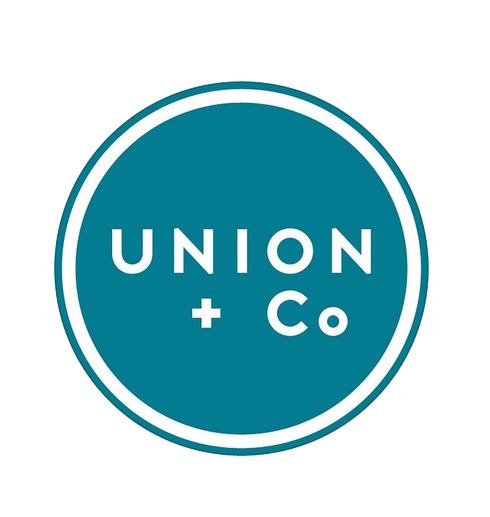I am more convinced than ever that we can transform our cities and towns into 21st Century Centers of Opportunity. The conversation started with digital advocate and friend Eoin Costello. It has expanded thru my Boston and Maine Connection as well as Manchester Ink Link stories. The pathway is almost always the same. Bring like minded people together, amplify a commonly held belief and promote the positives.

Meet some change makers
Eoin Costello is a digital champion for small business and a leader in the reinvention and re-invigoration of our towns and our sense of community. He is the former CEO and Co-Founder of Startup Ireland and he currently leads Digital HQ, an initiative making major positive impact in his hometown of Dun Laoghaire, a town in County Dublin, Ireland.
Brett Johnson, a 17th generation Mainer, is owner and Chief Creative Director of Maine Street Design Company (MSDC) whose flagship retail store is in Bath Maine. MSDC re-imagines physical spaces with incredibly beautiful results. They are also showcasing authors and creative artists from student level to master creators. From offerings recently seen, I’ve noted work from ArtVan program. Nautical inspired themes and gifts from Sea Bags recycled sail creations.
Maria Castellano-Ursery is an artist living and working in Brunswick Maine who has run a monthly fundraiser for six years. This translates to 72 straight months of awareness and morale lifting donations. Recipient non-profits include ArtVan and MidCoast Hunger Prevention.
Mandy Reynolds and Sean Ireland collaborating on Union + co have created a place that is prime for digital first communities that are steeped in human connection.

What all of them share is a powerful and instinctive sense of how to build community and outreach to help others. Their success emanates from a focus, as Eoin says, of “using what you have for the people and place where you are!”
This pandemic can be a game changer for any community willing to take action.
Eoin and I spoke by Zoom and recently picked up where we left off from our first meeting six years ago in Ireland. I was speaking on a panel on entrepreneurship, technology, investment and communications. My topic was how to go global on a small budget. I believe that is easier than ever to do so.
He started off our conversation by noting that much of built infrastructure reflects the needs of our 19th-century world. Today’s digital first communities are not restricted to Dublin, Boston or other major urban centers. You can live most anywhere. You can take advantage of the natural and cultural history and resources. And, you can create a sustainable future without having to move to a big, crowded city.
Does Despondency …. Sell more Papers?
I called him up after seeing his question posted online. “Does despondency …. sell more papers?” The question goes well beyond newsprint and encompasses all digital “print” including social media.
Indeed, a concentration of focus on bad things negatively affects people and their community. Just look at the revelations around Facebook algorithms. They put emphasis, for financial gain of a very few, on comments and reactions that contain emotions of anger and negativity.
Putting Community Back in Control of Economic Destiny
We have the power to use the digital tools right now. They are available to focus on the opportunities and solutions that exist without leaving anyone behind. Solutions based journalism can focus attention on the path forward. Unemployed, underemployed, job change seekers and veterans have skill sets that can be redeployed to raise up any community in which we all live.
What are the Biggest Challenges and Why Digital First Communities will Win the long game?
The biggest challenges for communities both here and over there are in the high cost of living, the growing cost of housing and the effects of rapidly scaling inflation. Nevertheless, just one person can make a difference. Anyone can get a digital initiative going. Just use your smartphone. You don’t have to make a big investment to start using the tools that are widely available.
“There is a huge democratization of accessibility to the tools to help grow businesses to help communities. They are happening at this moment. But the knowledge of how to use them in the right way has been lacking” says Eoin. ““The future can be distributed and local. Thanks to the internet, you can live where you want to live and have a really good quality job, wherever you are.”
You can listen to the conversation with Eoin here.
The world of technology and AI are eliminating many of the repetitive rote jobs at a faster pace than ever. We need to rely on the creative as we evolve now. The social sector and our jobs crisis are connected.
“If enough of us are promoting what is possible – amazing things can happen”
